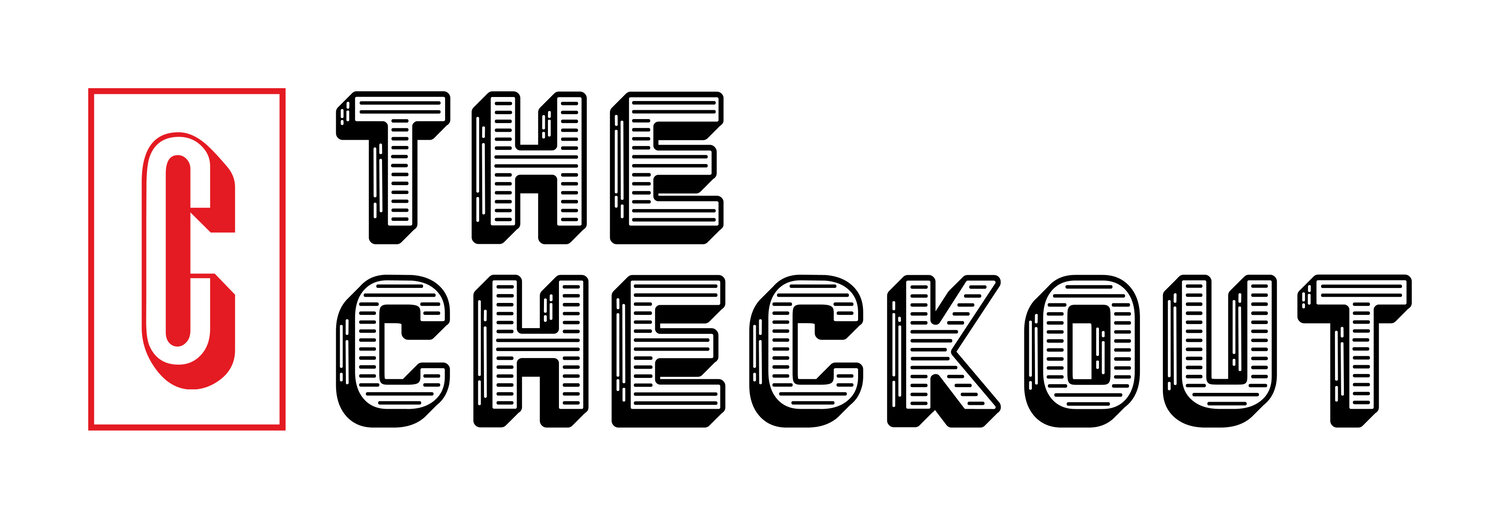Episode 161: Why Grocery Workers Oppose the Kroger-Albertsons Merger
The Checkout speaks with grocery store workers Rachel Fournier and Jess Crowley of UFCW 770 about why they are taking a stand against the biggest grocery merger ever.
Grocery workers have taken a firm stance against the Kroger-Albertsons deal. Recent research has shown that the merger will hurt bargaining power, possibly driving down wages and benefits: https://marshallsteinbaum.org/assets/kroger_albertsons_labor.pdf
“This paper assesses whether the merger would harm competition in labor markets through three channels: increased employer concentration giving rise to reduced wages and working hours, reduced labor market dynamism as workers would be deprived of the ability to switch jobs to obtain improved working conditions, and the reduction in union leverage at the bargaining table. We conclude that all three channels constitute valid competitive threats, and hence the merger is likely to violate the Clayton Act by reducing labor market competition.”
Merger campaign updates:
“The bottom line is this: based on the information we have now, we expect the FTC to make a decision on the proposed merger early in the new year. This is consistent both with our understanding of the process and with public statements made by FTC chair Lina Khan.
Once the FTC has completed its investigation of the merger deal, there are three possible outcomes:
The FTC can seek to stop the transaction by filing a preliminary injunction in federal court and the case will go to administrative trial. We believe our campaign has in part made this the most likely outcome and the trial will take many months to conclude.
orThe FTC can enter into a negotiated consent agreement with the companies and allow the deal to go forward under certain conditions, e.g.divestitures. This is how past mergers of this kind have been treated under previous administrations, but we believe it is unlikely in this case under the Biden administration.
orThe FTC closes its investigation and allows the deal to move forward unchallenged. We believe this is the least likely scenario.”
Editor’s note: The Haggen acquisition of divested Safeway stores and subsequent bankruptcy occurred in 2015, not 2010 as mentioned.
Follow The Checkout on Facebook - Instagram - Twitter.
Stream The Checkout on Apple Podcasts - Spotify - Stitcher - Google Podcast

